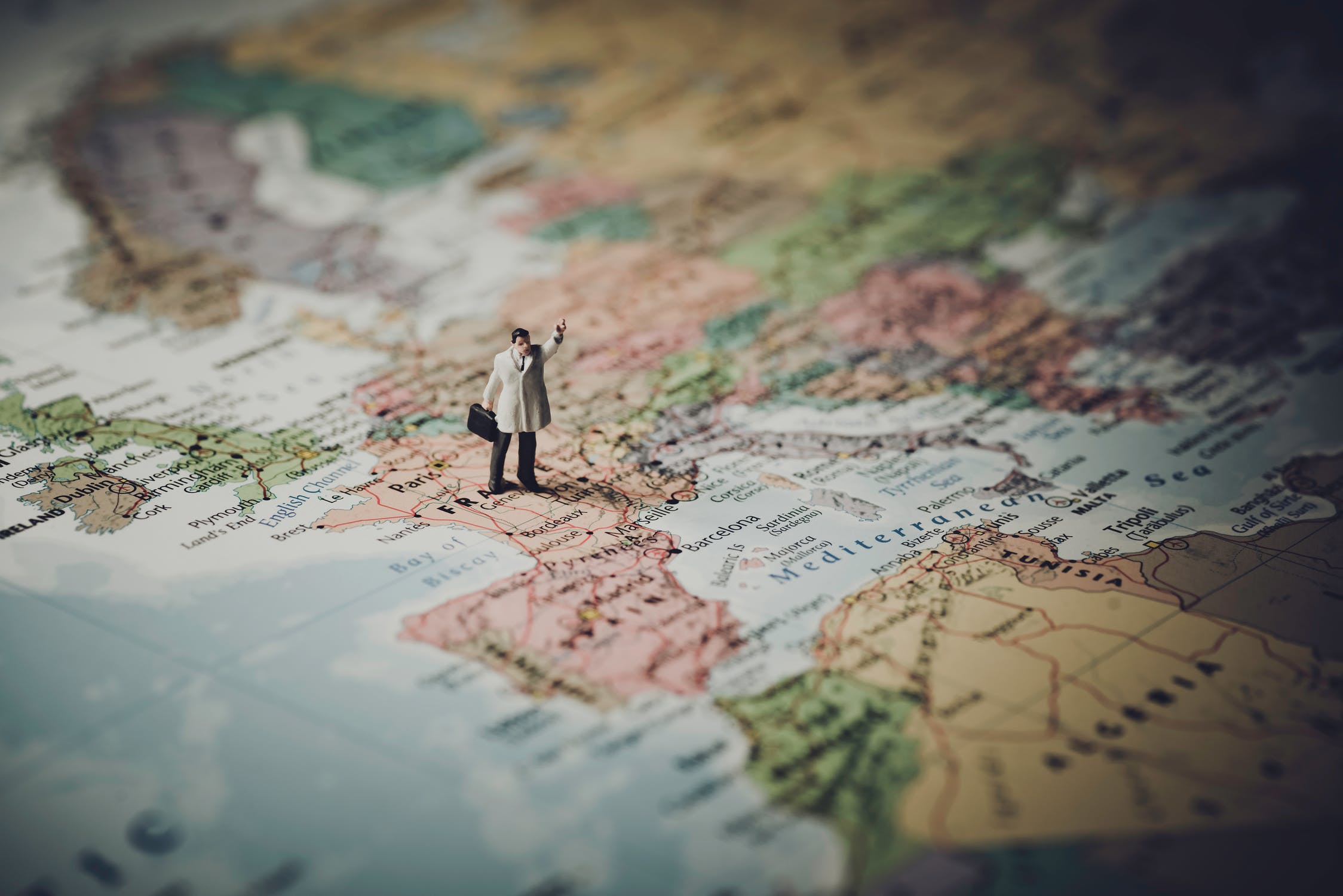
In this day and age, although there is still unrest between nations, it has been scaled back into “simple” conflicts and diplomatic rows, instead of full-scale war. However, there is a persistent problem that nations struggle with day-to-day, as it continues to grow – the shadowy world of the international terrorist.
How communities became international
While terrorism has been has been persisting for at least as long as society has been established, the international scope of this problem is deeply rooted with how communities evolved, with boundaries drawn between nations. Going back for about 400 years, international borders began with the conclusion of the Thirty Years’ War in Europe, in 1648. The peace settlement that resulted from the termination of the war gave way to communities staking their claims to their own territories.
One disadvantage of having nation-states is the escalation of conflicts. What were simple grudge matches and disagreements between communities back then became full-scale wars.
The international terrorist
With at least two world wars, diplomatic rows, modern-day regional conflicts, coupled with clashes in ideas, individuals who rage against the established order continue to emerge. These individuals resort to different tactics to prove their point. However, as nation-states establish their authority into their territories, these individuals find it hard to sway people into their causes, and commonly resort to violence to send their message across channels, across boundaries. The international terrorist is born.
A global problem
Terrorists try to persuade people to their cause all around the world, and nations do everything they can to mitigate the problem. However, with the disadvantage of most nation-states having different ideologies, and the clashes that result from it, terrorism still continues all around the world today. For instance, the end of the First World War had fleshed out fascism and communism and pitted them against democracy, and their events resulted into World War II. In a modern setting, the continued belief of the Jews to establish their own state, with Israel being recognized as a sovereign state in 1948, added another layer in the rift between Arabs and Jews, creating the tensed atmosphere in the Middle East. All these events, and their results, have impacted all.
Be it individuals spouting their causes or nation-states establishing their authority, terrorism should still be viewed as a problem for all. International relations aside, a diplomatic row, or clash in foreign policies, while it can be viewed as regional, still have lasting effects that is felt all around the world.